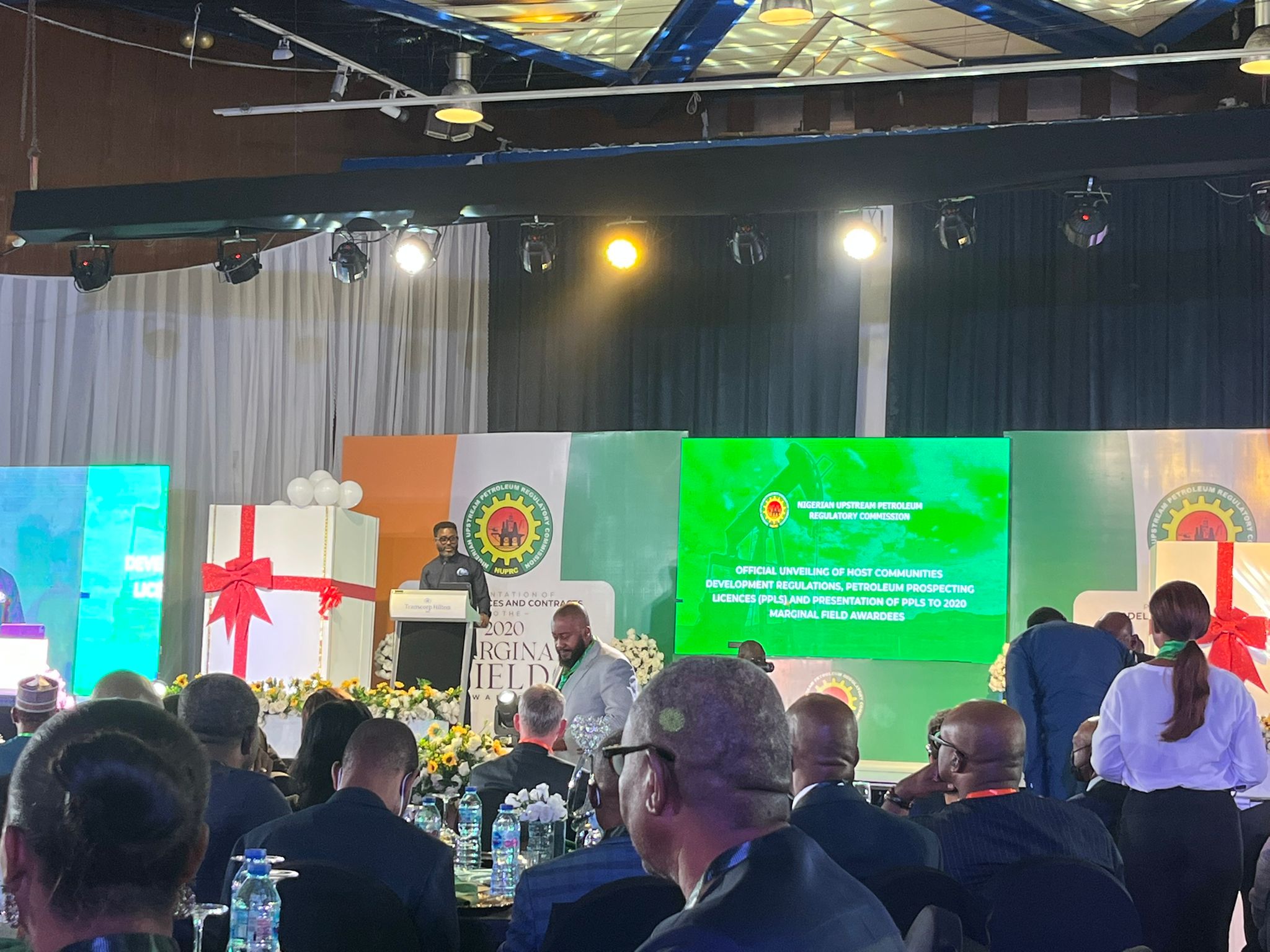Read more
On June 29th, TechnipEnergies Country Director for Senegal, Franck Pliya, announced the holding of the last Steering Committee meeting of the ACATBS project at the SAR Refinery in Dakar. The contractor had been involved in a significant upgrade and expansion of the refinery over the past months, which culminated in a facility shutdown in Q1 this year to synchronise several new units. The ACATBS project (projet d’Augmentation de Capacité et d’Adaptation des unités pour le Traitement du Brut Sénégalais) notably targeted the expansion of the refinery’s capacity from 1.2m to 1.5m tonnes per year (tpy). It consisted of the installation of a pre-flash column to increase production capacity by 30%, and the extension of the reforming unit to enable the processing of domestic crude oil from the Sangomar offshore field, where first oil is expected in 2023. “Through this project, we have achieved 1.2m hours without accident, remained on budget, and managed to ensure an 80% participation from Senegalese companies with a local workforce of over 500 mobilised on site during the peak of the project,” Franck Pliya wrote. SAR mostly imports crude oil from Nigeria (especially Erha and Bonny Light) before refining it for distribution in Senegal and the landlocked subregion, especially in Mali. Its facilities include distillation units, a catalytic reformer and a MEROX unit to treat kerosene. The facility was initially commissioned in 1963 and is owned at 46% by the state-owned national oil company PETROSEN. Full details on the African refining sector can be found in Hawilti’s Quarterly Refineries Watch, available within your Hawilti+ research terminal (plus.hawilti.com).
The Nigerian public and private sector gathered at the call of the Nigeria LPG Association (NLPGA) during the 2nd West Africa LPG Expo & NLPGA Summit 2022 in Lagos (June 23-24) to push for a stronger adoption of gas across Africa’s biggest economy. The Summit welcomed captains of the industry and leading public figures, including Chief Olusegun A. Obasanjo, Former President of Nigeria; Engr. Simbi K. Wabote, Executive Secretary of the Nigerian Content Development and Monitoring Board (NCDMB); Mr. Nuhu Yakubu, President of the NLPGA and Managing Director of Banner Energy; Dr. M.M. Ibrahim, Chairman of the National Gas Expansion Programme; Mr. Felix Ekundayo, Managing Director of ASIKO Energy and Gas Terminalling; Mrs. Nkechi Obi, Group Managing Director/CEO of Techno Oil; and Mr. Adyo Adeshina, Programme Manager of the LPG Expansion Implementation Plan within the Office of the Vice President, among others. A key takeaway from the event was a call from the industry for policy adjustments around the fiscality of LPG in Nigeria, especially on output VAT. A misplaced VAT was notably blamed for decreased LPG consumption in the country since 2021, year when supplies started to stagnate around the 1m metric tonne threshold and stopped increasing at double digit figures. Key participants also highlighted the need for better coordination amongst various governmental agencies involved across the value-chain, from customs to roads. A Push for Localisation Representatives of the Nigerian government notably explained how they are taking steps to boost LPG production and availability across the country. During the Summit, Dayo Adeshina recalled that Nigeria LNG, the country’s biggest LPG producer, recently decided to allocate all of its LPG production to the domestic market. He further revealed that talks were ongoing with additional producers of gas liquids, including ExxonMobil and Chevron, to decrease exports and supply the domestic market instead. ExxonMobil is notably operator of the Bonny River Terminal where it processes natural gas liquids into cooking gas, among others. On the other side, Chevron operates the Escravos Gas Plant and Escravos Gas-to-Liquids facility with a capacity of 33,000 barrels per day (bpd). Nigeria has some of the lowest gas penetration rates in Africa despite holding the continent’s largest proven reserves of natural gas. In 2020, the government launched the Decade of Gas initiative to try to incentive gas consumption and adoption across the economy. However, soaring prices of cooking gas since 2021 have made LPG unaffordable for many Nigerians. Increasing domestic output is seen as a solution to mitigate risks against soaring import prices, in a country that consumed slightly over 1m metric tonnes of LPG last year. The Achievements of the Gas Expansion Programme The Decade of Gas is notably backed by the Nigerian Gas Expansion Programme (NGEP), which focuses on the distribution of Autogas (CNG) and LPG across gas stations operated by the state-owned NNPC Ltd. Its immediate target, which is yet to be met, was to convert 1 million of Nigeria’s 22 million PMS-fueled vehicles to gas by 2021. During the Summit, NGEP Chairman M.M. Ibrahim shared updates on its advancement and the achievements realized so far. In 2020 and 2021, over 12,000 licensed retail outlets were notably classified as fit-for-purpose for co-locations of Autogas fuel nationwide. In parallel, revised regulatory guidelines were issued for co-located Autogas fuel retail outlets and other gas solutions. After it confirmed the potential for Autogas nationwide, Nigeria proceeded to convert and commission over 30,000 of its public mass transport buses on dual fuels while supporting auto assemblers to keep producing fit-for-purpose dual fuel vehicles in-country. These have paved the ground for an acceleration of the country’s gas promotion agenda in 2022 and 2023, in a context of soaring petroleum products prices, especially diesel. Gas was adopted by the Nigerian government as a transition fuel and will remain a critical component of its energy mix. It is also seen as the ideal substitution fuel to expensive diesel, especially for industrial customers.


